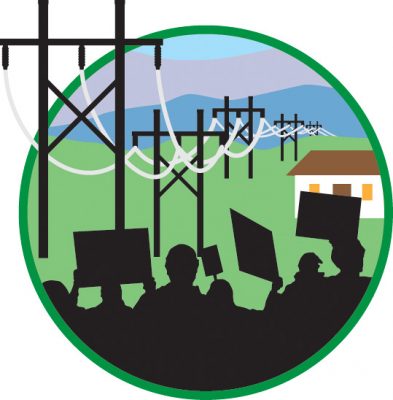Imbalance of Power

Related Stories
When we think of shared resources, our waterways, forests and air are often the first that come to mind. Yet in many ways, the electric current that runs from home to home is also mutual — the costs of utility investments are shared by all customers, even though some feel the environmental or economic consequences of power providers’ decisions more acutely.
In Appalachia, our energy options and prices are determined by where we live. Much of our area is controlled by monopolies that determine whether we are connected to a pollution-belching power plant or a utility-owned solar array. These monopolies even affect the affordability of putting solar panels on our own roofs.
These electric utilities — whether they are private companies or publicly owned nonprofits — are supposed to be accountable to the people they serve and act in the public’s interest. But the system often does not work in residents’ favor.
In Part One of a special two-issue look at our energy system, we examine the underlying problems that prevent power companies from responding to the needs and interests of citizens.
Part Two in our December/January issue will include stories from citizens directly affected by the current power landscape, and examine the transformative potential of more democratic participation in the energy sphere. If you have a story to share, please email editor@appvoices.org.
Related Articles
Latest News

Leave a comment
Your email address will not be published. Required fields are marked *





Leave a Comment